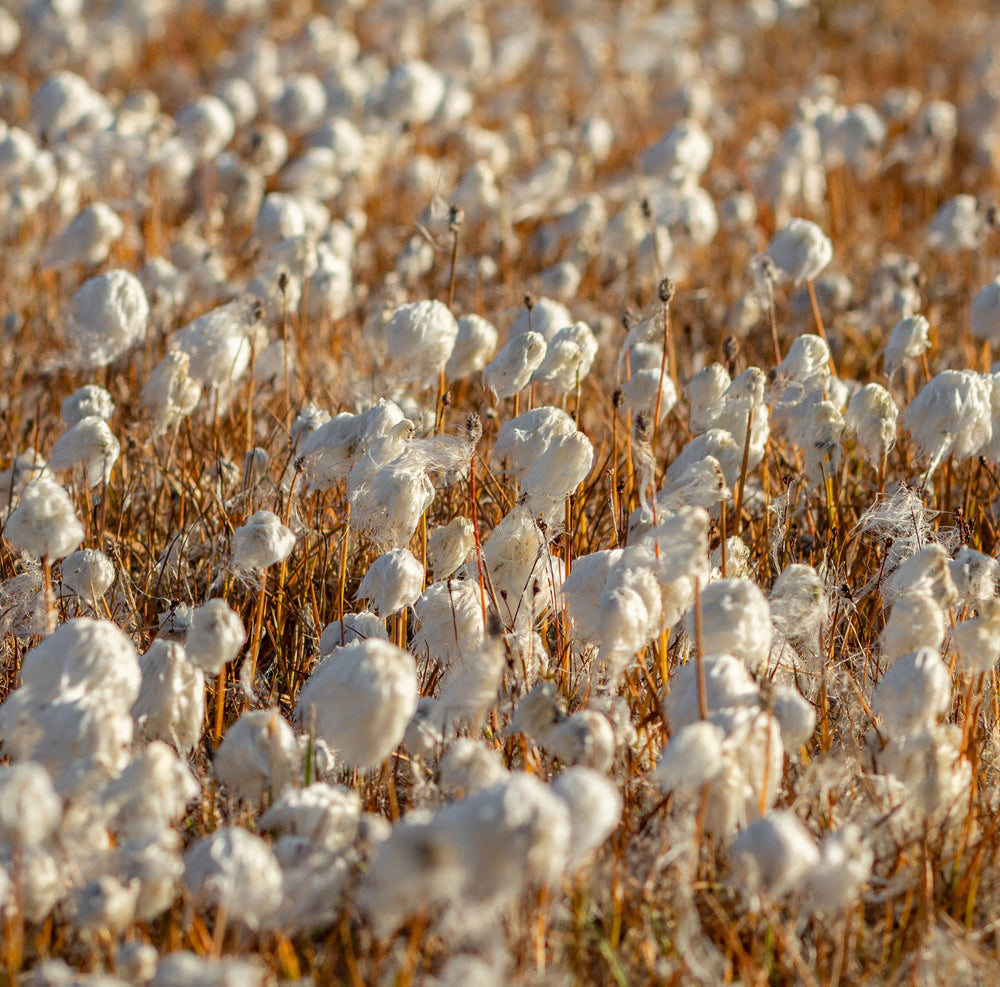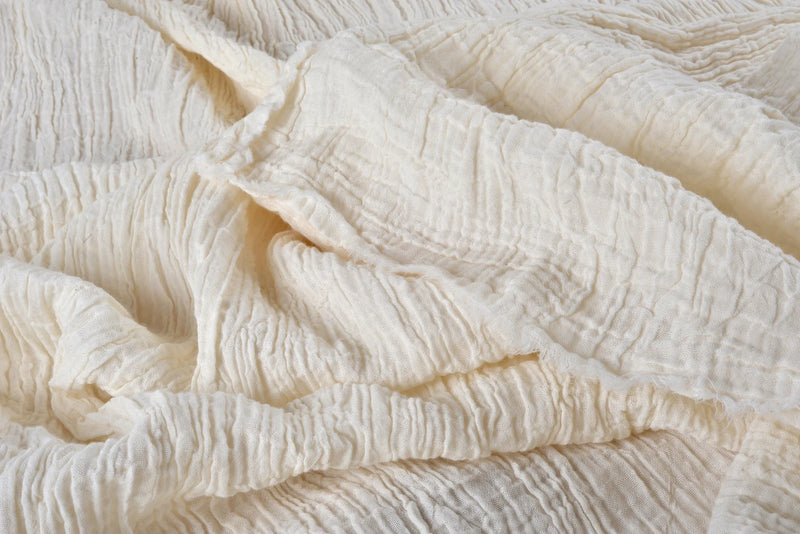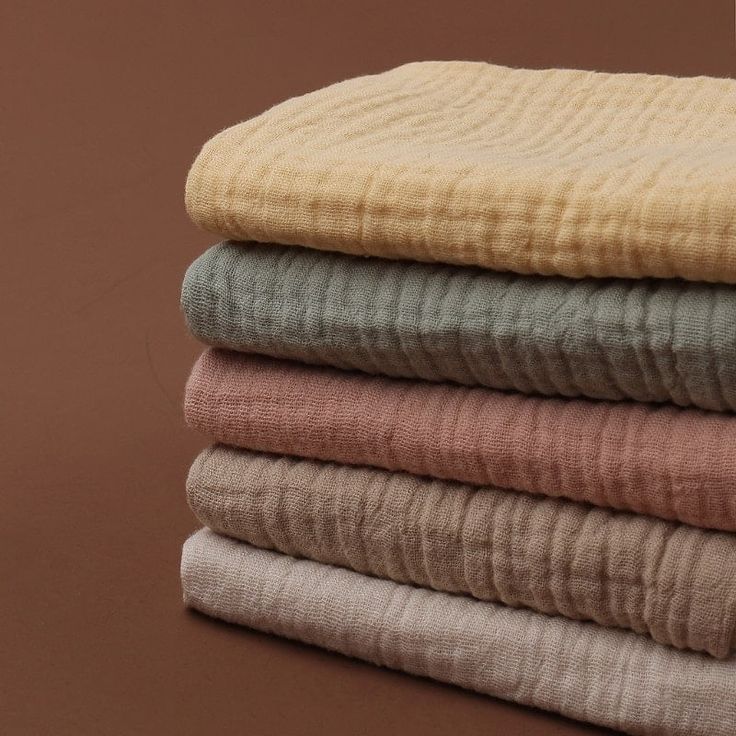Benefits of Organic Cotton
Organic cotton offers several benefits for kids' clothing, making it a popular choice among parents who prioritize sustainability and the well-being of their children. Here are some of the advantages of using organic cotton for kids' clothing:
Health and Safety
Organic cotton is grown without the use of synthetic pesticides, herbicides, or genetically modified organisms (GMOs). This means that organic cotton clothing is free from potentially harmful chemicals that can irritate or sensitively affect a child's delicate skin. It reduces the risk of skin allergies, rashes, and respiratory issues, making it a safer and healthier choice.
Softness and Comfort
Organic cotton fibers are known for their exceptional softness and breathability. They are gentle on a child's sensitive skin, providing optimal comfort throughout the day. The soft and smooth texture of organic cotton clothing minimizes friction and irritation, ensuring a pleasant and cozy wearing experience for kids.
Hypoallergenic
Due to its natural and chemical-free cultivation, organic cotton is less likely to trigger allergies or sensitivities in children with sensitive skin or respiratory conditions. It is considered hypoallergenic, reducing the risk of adverse reactions and providing a safer option for kids prone to allergies.
Sustainability
Organic cotton farming practices prioritize environmental sustainability. They avoid the use of synthetic chemicals, which helps protect soil quality, water resources, and biodiversity. Organic cotton cultivation promotes ecological balance and reduces the ecological footprint associated with conventional cotton farming, making it a more eco-friendly choice.
Eco-Conscious Choice
By choosing organic cotton clothing for kids, parents contribute to the reduction of chemical pollution in waterways and support sustainable agricultural practices. Organic cotton farming also reduces the carbon footprint associated with the production and use of clothing, as it requires fewer energy-intensive processes and reduces greenhouse gas emissions.
Ethical and Social Responsibility
Organic cotton often comes from farms that adhere to fair trade practices and social standards, ensuring that farmers and workers are paid fair wages and work in safe conditions. Choosing organic cotton clothing aligns with ethical principles, supporting a more equitable and sustainable supply chain.






